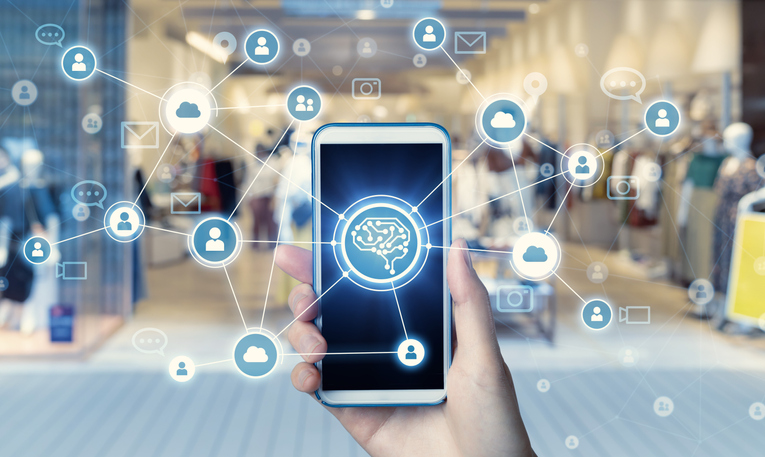Internet of Things and artificial intelligence fueling loss prevention tech stack enhancements
May 19, 2021Understanding of technology and the capabilities of current systems key in identifying needs and improvements

When it comes to protecting the profitability of a company today, the technologies that are invested in and deployed in order to support loss prevention efforts are critical. However, identifying the technological elements that are required and how they all fit together to the best possible effect for the organization can present a daunting challenge for many retailers.
Combining this conventional dilemma with impacts of the COVID-19 global pandemic means that loss prevention teams are dealing with challenges that were next to impossible to predict, increasing the importance of developing innovative responses and exploring new and emerging technologies in order to properly address these new risks.
“We’re experiencing a transition at the moment, from a time when cameras were used as a tool to record video for review after the fact to their development as data-producing sensors.”
To help retailers navigate the complicated world of tech stack development, Tony Hunt, General Manager Loss Prevention at London Drugs Ltd., conducted an interview-style discussion addressing these new challenges with Dan Reese, Retail Vertical Marketing Manager. North America, Bosch Building Technologies, as part of Retail Council of Canada’s virtual 2021 Retail Loss Prevention Forum. The pair touched on the importance of the tech stack in providing the basis for much of the work loss prevention reams are able to do today. And, according to Reese, it’s an importance that’s rooted in the evolution of the technology that powers it.
“We’re experiencing a transition at the moment, from a time when cameras were used as a tool to record video for review after the fact to their development as data-producing sensors,” he says. “The data helps feed the algorithms which then produces even more accurate data and information, ultimately helping loss prevention teams better predict and get out in front of risks and threats.”
He goes on to explain that the pace at which video and audio technology are evolving is incredible and that it’s only good news for retail loss prevention teams everywhere.
“I highly recommend that all loss prevention professionals become intimately familiar with the subject of artificial intelligence.”
“I really believe that we’re on the verge of a true step change in the analytics capabilities of security systems,” he asserts. “It’s being driven by important underlying technologies. The combination of the Internet of Things – where all devices are intelligent and connected – and artificial intelligence is bringing new levels of detection capabilities as well as increasing processing power. Today, systems powered by what people are referring to as AIoT have been developed to learn normal behaviour and raise an alarm when something unusual is detected. It’s presenting retailers with the opportunity to truly move from reactive systems to proactive systems to identify and mitigate loss before it happens.”
With respect to the ways retailers can best utilize the multitude of technologies that are available today, Reese suggests plotting a clear path as a company concerning the desired direction and objective of the business. And, when exploring the complicated and diverse array of technologies available for the piece that’s right for your loss prevention team, he says that research and developing a thorough understanding of the capabilities of the technologies will go a long way toward informing the right choice.
“I highly recommend that all loss prevention professionals become intimately familiar with the subject of artificial intelligence and how devices powered with the technology can become incredibly effective tools to secure their businesses. It doesn’t mean that you need to become experts and acquire the ability to develop deep learning systems. But, understanding its potential, and combining that understanding with an acute awareness of your current systems, including their capabilities and limitations, can really help to distinguish between overly-hyped sales pitches versus accurately represented systems that will help your organization.”



